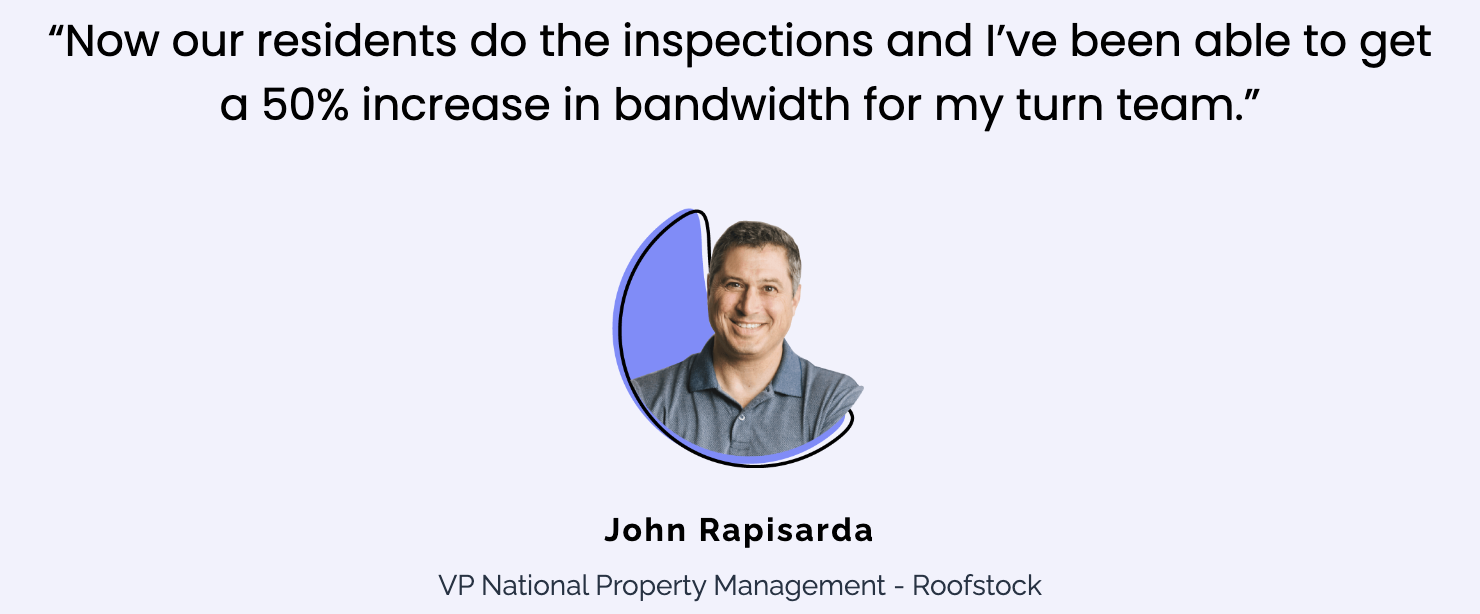Making Reversible vs. Irreversible Decisions
We all use rules of thumb when making decisions. Even super successful CEOs do it. Jeff Bezos asks himself, is this decision easily reversible? At Latchel, most of our guiding principles come from Amazon and we too ask ourselves this question. So let’s dig into how you can use this question to accelerate your real estate business.

If a decision is reversible, we can make it fast and without perfect information. If a decision is irreversible, we had better slow down the decision-making process and ensure that we consider ample information and understand the problem as thoroughly as we can.
Founding Amazon was a reversible decision for Bezos. He knew that if Amazon failed he could return to his prior job and have no regrets. In the complicated world of real estate investing, when decision making isn’t always so certain, how do we know when to move forward or not? For example, you can run all the numbers on a real estate investment to get a clear idea of cash flow, but what isn’t clear are questions like:
- Are there unknown market factors that can negatively impact this cashflow?
- Are there environmental factors that can impact the asset value?
So you need to take these more complex questions into account when determining if you’re making a reversible decision. The key metrics to look at actually comes back to your personal exposure when making the investment. And you should start asking questions like:
If this goes belly up, will my lifestyle change? If not, then you’re making a reversible, low-stakes decision. The best investors make many reversible decisions and learn from them to improve their investing process.
With practice, we also get better at recognizing bad decisions and pivoting, rather than sticking with past choices due to the sunk costs fallacy. Equally important, we can stop viewing mistakes or small failures as disastrous and view them as pure information which will inform future decisions.
When it comes to information gathering, Bezos uses a 70% rule. If you have 70% of the information that you need to make a decision, go ahead and do it. The more reversible the decision, the less informed that you’ll need to be, and you’ll be more comfortable with the 70% marker. As you look through the lens of irreversible vs. reversible decisions, you’ll start seeing the spectrum as an ocean of opportunity. You can see the full post at Farnam Street.
Blackstone Selling Stake in Hilton
(Reuters) – Hilton Worldwide Holdings Inc said on Friday private equity firm Blackstone Group LP has decided to exit the hotel chain operator by selling about 5.8 percent, or 15.8 million shares, of its shares.
Hilton said it will not receive any proceeds from the sale.
Blackstone took the company public in December 2013, about six years after taking it private in a $26 billion leveraged buyout.
MultiFamily Deal Crowdfunding
With the recent change in law around who can invest in multifamily, crowdfunded deals, new investment pathways have opened up for companies like ArborCrowd. They started as a commercial real estate trust and public REIT, but have shifted their business model to be a crowdfunding model with Adam Kaufman at the helm.
ArborCrowd focuses on multifamily workforce housing. To date, it has funded six deals, including a 141-unit property in Mobile, Ala., in March. Kaufman says workforce housing is vital to the multifamily industry and the nation as a whole, so it makes sense from an investment standpoint. “It’s workforce housing, so people need these places to live; it’s affordable; it’s the core of the industry; and there’s a lot less risk involved,” he adds.
They provide accredited investors and real estate brokers avenues to multifamily deals that they otherwise would not have had access to with minimum investments of $25,000 and no maximum. See the full article on ArborCrowd in Multifamily Executive.
Technology Opening RE Investment for Women
Forbes recently published a piece that confronts the hard truth about real estate investing, “it has always been a men’s club.” The uprising of recent Fintech companies changes that landscape. Women have been equally engaged in RE crowdfunding platforms and these platforms have especially opened up opportunities for women of color. As we see successes from these women in the crowdfunding space, we may eventually see a shift in traditional home investing so that it is no longer the “men’s club” and instead becomes the “everybody club.”
















